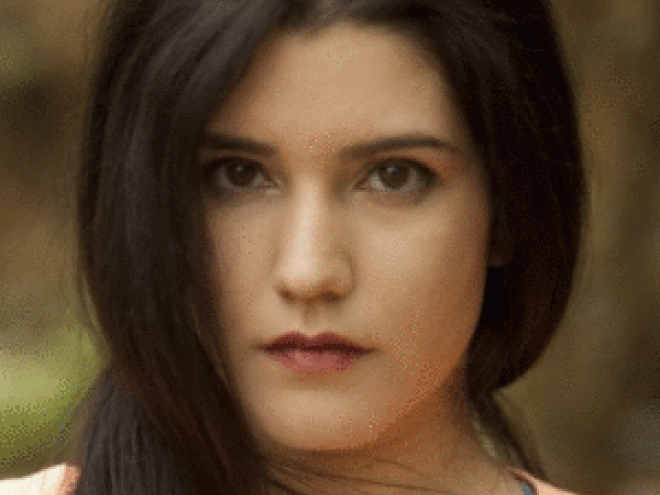“Write what you know.” Solid advice for young writers who wish to flourish in an increasingly uncertain publishing industry. Shani Boianjiu follows this maxim in her debut effort, The People of Forever Are Not Afraid. Drawing on her short but astutely observed life’s experience, the 25-year-old Boianjiu builds a deeply engaging narrative. This coming of age story documents the journey of three adolescent friends — Yael, Avishag, and Lea — from childhood through their service in the Israeli Defense Force. Like the author, the three girls hail from a remote Israel-Lebanon border town. They struggle through the boredom and limitations of small town life. The novel’s core is an exploration of modern military life in the IDF. Boianjiu dissects the layered military bureaucracy and examines the complicated gender issues that emerge when young men and women serve in close quarters. It is a revealing look inside a traditionally opaque institution.
Boianjiu shows considerable range, creating surreal, absurd dilemmas for her characters. Consider one vignette in which Lea, stationed at a remote and strategically worthless checkpoint, is cajoled by three Palestinian protesters to suppress their token demonstration. The author writes, “He bowed a little as he spoke, ‘Is there any way you could disperse us just a little, enough for a press blast, or something?’” Ultimately, Lea caves in to their demands, using everything from tear gas to rubber bullets in order to satisfy their quest for recognition.
The People of Forever Are Not Afraid sidesteps a larger discussion of Israeli-Palestinian relations, focusing intently on the human consequences of the struggle. In this way, the author avoids a potential pitfall and keeps the novel’s focus as a character study. A deeper examination of the conflict would be interesting, but may have distracted from the author’s character-driven narrative. An overall smooth read and a promising start to Boianjiu’s career.





